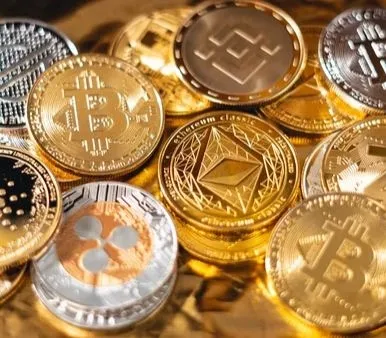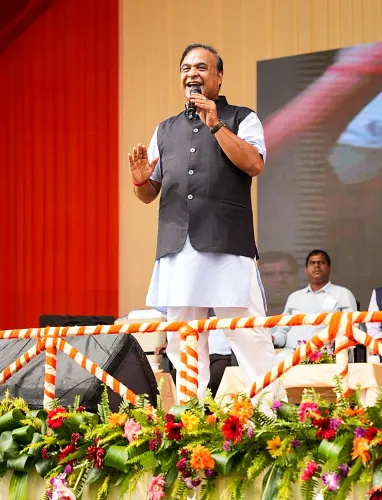Is Cryptocurrency Considered ‘Property’ Under Indian Law?

Synopsis
Key Takeaways
- Cryptocurrency is recognized as property under Indian law.
- This ruling highlights the ownership and trust capabilities of digital assets.
- It may influence taxation and inheritance laws regarding cryptocurrencies.
- The ruling aligns with global trends in recognizing digital assets.
- India has the opportunity to create a supportive regulatory environment for cryptocurrencies.
New Delhi, Oct 26 (NationPress) In a groundbreaking decision, the Madras High Court has determined that cryptocurrency is recognized as “property” under Indian legislation, signifying that it can be owned, enjoyed, and held in trust.
“It is indisputable that cryptocurrency constitutes property. Although it is not a physical asset, nor is it classified strictly as currency, it represents a form of property that can be enjoyed and possessed in a beneficial manner. Furthermore, it is capable of being held in trust,” stated Justice N. Anand Venkatesh from a single-judge Bench.
In delivering its ruling, the Madras High Court referenced pivotal Supreme Court decisions in Ahmed G.H. Ariff vs CWT and Jilubhai Nanbhai Khachar vs State of Gujarat to broaden the interpretation of “property” within Indian law.
Justice Venkatesh quoted, “Property in the legal context refers to a collection of rights that are safeguarded and upheld by law. This encompasses every kind of valuable right and interest… anything that holds exchangeable value or contributes to wealth, estate, or status.”
He also highlighted that cryptocurrency fits the definition of a “virtual digital asset” as outlined in Section 2(47A) of the Income Tax Act, 1961, clarifying that it is not categorized as a speculative transaction.
The ruling emerged from a case where the petitioner sought protection for her holdings of 3,532.30 XRP coins on the WazirX platform, which had been frozen in the aftermath of a cyberattack in 2024.
The Madras High Court acknowledged the petitioner’s holdings as her property, preventing any interference while arbitration proceedings are ongoing.
Justice Venkatesh noted that while cryptocurrencies are merely “streams of 1s and 0s residing in a blockchain”, they are indeed an asset that can be owned, transferred, and stored.
He remarked, “Cryptocurrency is not currency in the strictest sense, nor can we hastily conclude that a digital asset is an asset in the strictest sense,” adding that “India has the potential to create a regulatory framework that fosters innovation while safeguarding consumers and ensuring financial stability.”
Justice Venkatesh referenced a 2020 ruling from the New Zealand High Court in Ruscoe vs. Cryptopia Ltd (in Liquidation), which classified cryptocurrencies as “a kind of intangible property” that can be held in trust.
He quoted, “Despite being merely a series of 1s and 0s, it transcends simple information.”
This order aligns with a growing trend of judicial acknowledgment worldwide — the UK High Court in AA vs. Persons Unknown (2019), the Singapore High Court in ByBit Fintech Ltd v. Ho Kai Xin (2023), and U.S. federal courts in SEC vs. Ripple Labs (2023) have all recognized crypto tokens as property or commodities.
This landmark judgment by the Madras High Court offers essential clarity regarding the legal status of cryptocurrencies in India, which could profoundly impact taxation, inheritance, insolvency, and the enforcement of contracts involving digital assets.










